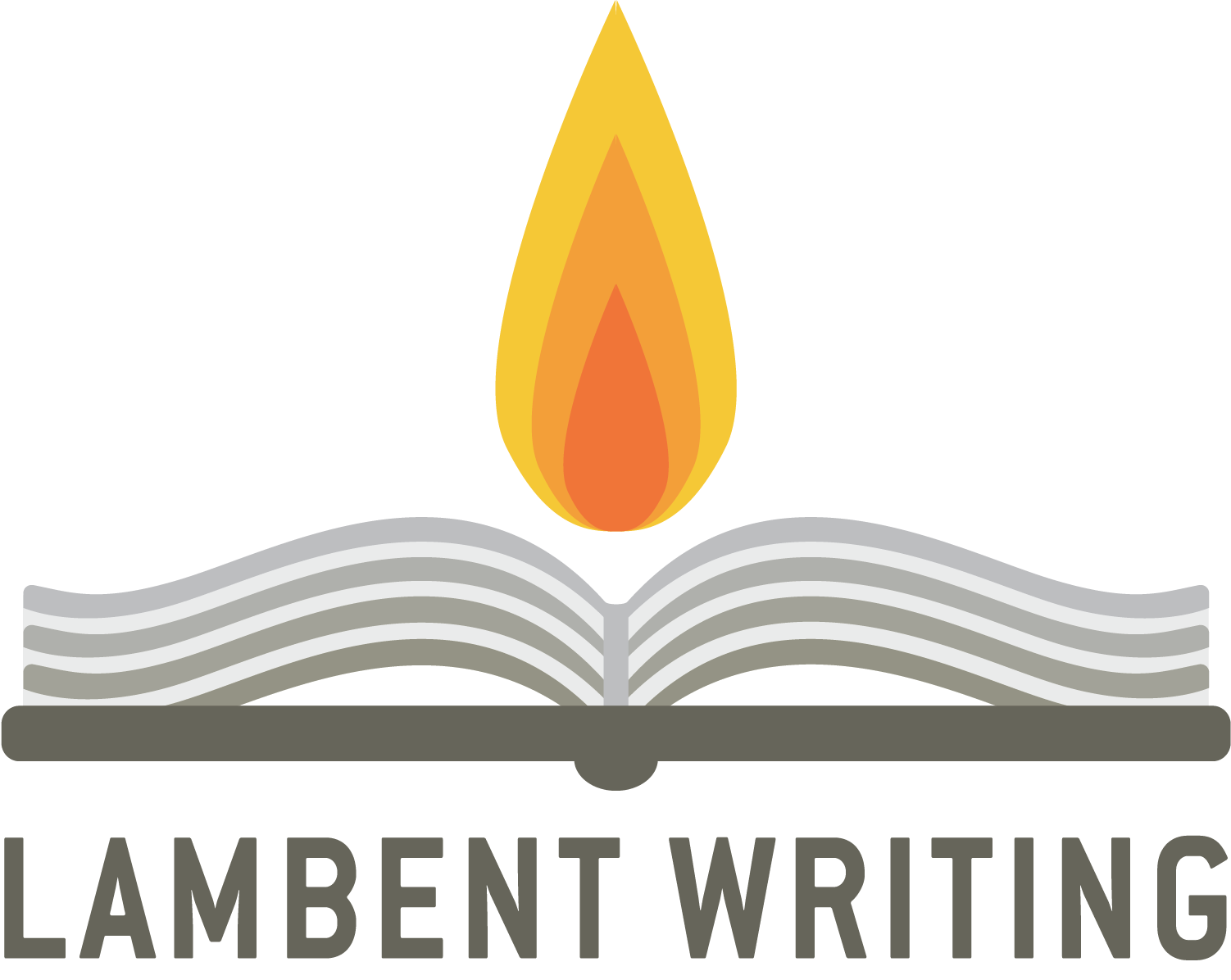 I spent many years as a professional musician, my instrument was the classical guitar, and I gave concerts both as a solo performer and also in ensembles. I also taught the guitar for many years to students with an age range of 5 to 65 and an ability range from beginner to concert player.
I spent many years as a professional musician, my instrument was the classical guitar, and I gave concerts both as a solo performer and also in ensembles. I also taught the guitar for many years to students with an age range of 5 to 65 and an ability range from beginner to concert player.
I was always intrigued by the effect my presence as a teacher had on my students – it made them nervous and less able to play. I was (and am) of perfectly normal appearance (I think…), yet when people played to me, they nearly always played significantly worse than when they were alone.
I used to play a little trick with many students. I would usher them into the teaching room, tell them to make themselves comfortable and start ‘practising’ while I went to make a coffee for both of us. I had the coffee already prepared and I used instead to listen outside the door as they played. Invariably, they played well. Then I would come in, sit down, get in ‘teacher’ mode and ask them to play their piece to me. Invariably it was much worse. I found this intriguing. Their skill had not changed in the half minute it took for me to come into the room and sit down. Something had changed inside their mind and it took away part of their skill. It was triggered by my presence. Somehow their thoughts, self judgments and emotions distracted them and so they made more mistakes. This alerted me to the ‘inner game of the guitar’, Their greatest opponent to being the best – was themselves.
I started to include a lot of ‘inner game’ work with my advanced students, not to make them better players, but to help them give their best and be better players in the situations where they had to be – their concert performances. I helped them to get out of their own way.
To face an audience to play the guitar, (or give any artistic performance), can be nerve wracking, so much so that we have a special term for it – performance anxiety’ I think the same principles apply in any work and any performance – the salesperson selling to a customer, the CEO conducting a board meeting, the manager giving a presentation – in all these situations, the person wants to be the best they can be, not just for themselves but for the others as well, and that is exactly where their inner opponent gets in the way. It is not surprising that Timothy Gallweys’ book, ‘The Inner Game of Tennis’ back in 1974 was an important part of the genesis of the coaching profession.
I do not play the guitar now, except very seldom (although my fingers remember the music), but instead do the same sort of inner game work as a coach with executives. Executives can suffer from the equivalent of performance anxiety, in fact many executives suffer from it all the time – they are continually under scrutiny, judged by others, having and feeling a heavy responsibility for other people in the business. And they have no none to talk to about it, (unless they have a coach). They deal with this in many ways, some functional and some dysfunctional.
I also think that coaching is both an art and a science. A science because it does have a definite methodology and structure that is different to other types of interventions that help people, such as therapy, mentoring, training, facilitating and consulting. An art, because it involves human beings and the effect goes beyond just the models and skills and structure of coaching. The best coaching has an aesthetic aspect that makes it different and special.
Coaches use skills in the service of making great art. Coaches help their clients make their own unique and beautiful music. The greatest artists and musicians take time, practice effectively and efficiently and are always learning. Nobody miraculously becomes a coach after a short training course, it takes years and the best coaches are always improving. Skill and practice matter and here is a good example of this…
Many of you will remember that wonderful opening sequence in Stanley Kubrick’s classic film 2001 – a Space Odyssey, shown first in 1968.
The music is the initial fanfare called ‘sunrise’ from a piece by Richard Strauss called ‘Thus Spake Zarathustra’ first performed in 1896. ‘Thus Spake Zarathustra’ is a philosophical novel by the German philosopher Friedrich Nietzsche, written in 1885.
First listen to it performed
[vsw id=”3rzDXNQxjHs” source=”youtube” width=”425″ height=”344″ autoplay=”no”]
This is performed by a professional orchestra and it sounds great.
Now listen to it performed
[vsw id=”5umEUBDXfU0″ source=”youtube” width=”425″ height=”344″ autoplay=”no”]
(but please not for too long). This is the same score, the same notes, but because the players are not skilled enough to play the piece (and no shame in that), the result is ear shattering.
I suggest you listen to the piece again to refresh the good memory.
[vsw id=”3rzDXNQxjHs” source=”youtube” width=”425″ height=”344″ autoplay=”no”]
Skill matters to the result, art demands skill, and as coaches we are both the artists and the scientists of human action, we work on ourselves first to be good enough to work with others.


